Heat pumps and electric water heaters are two popular methods of delivering hot water. Both are comparable in appearance, have similar electrical and plumbing connections, and deliver a reliable supply of hot water.
Because of their similarities, it is possible to install a heat pump as a replacement for an electric system. However, there are key differences to keep in mind if you’re deciding between the two. In this article, we will compare both and look at which option could be right for you depending on your needs.
Comparing heat pumps and traditional electric water heaters: The key differences
How they work
An electric storage water heater heats water directly using an element and stores it in the tank. It works in three key steps:
- When you use hot water, it exits from the top of the tank.
- Cold water enters the tank at the bottom.
- The element heats the water to the thermostat set temperature.
- Heated water rises to the top of the tank and is ready for your use.
In contrast, a heat pump transfers heat energy instead of producing it directly. It captures heat from the surrounding air and transfers it to your water in four key steps:
- Heat absorption: A heat pump works like an air conditioner in reverse, drawing ambient air into its refrigeration system. This passes through an evaporator coil which absorbs the heat and turns it into vapour.
- Compression: This vapour is transformed into a hot gas after running through a compressor.
- Heat exchange: Hot gas passes through the microchannel heat exchanger which heats the water in the tank.
- Refrigerant returns to a liquid state: After the water is heated, the refrigerant returns to a liquid state and the cycle repeats.
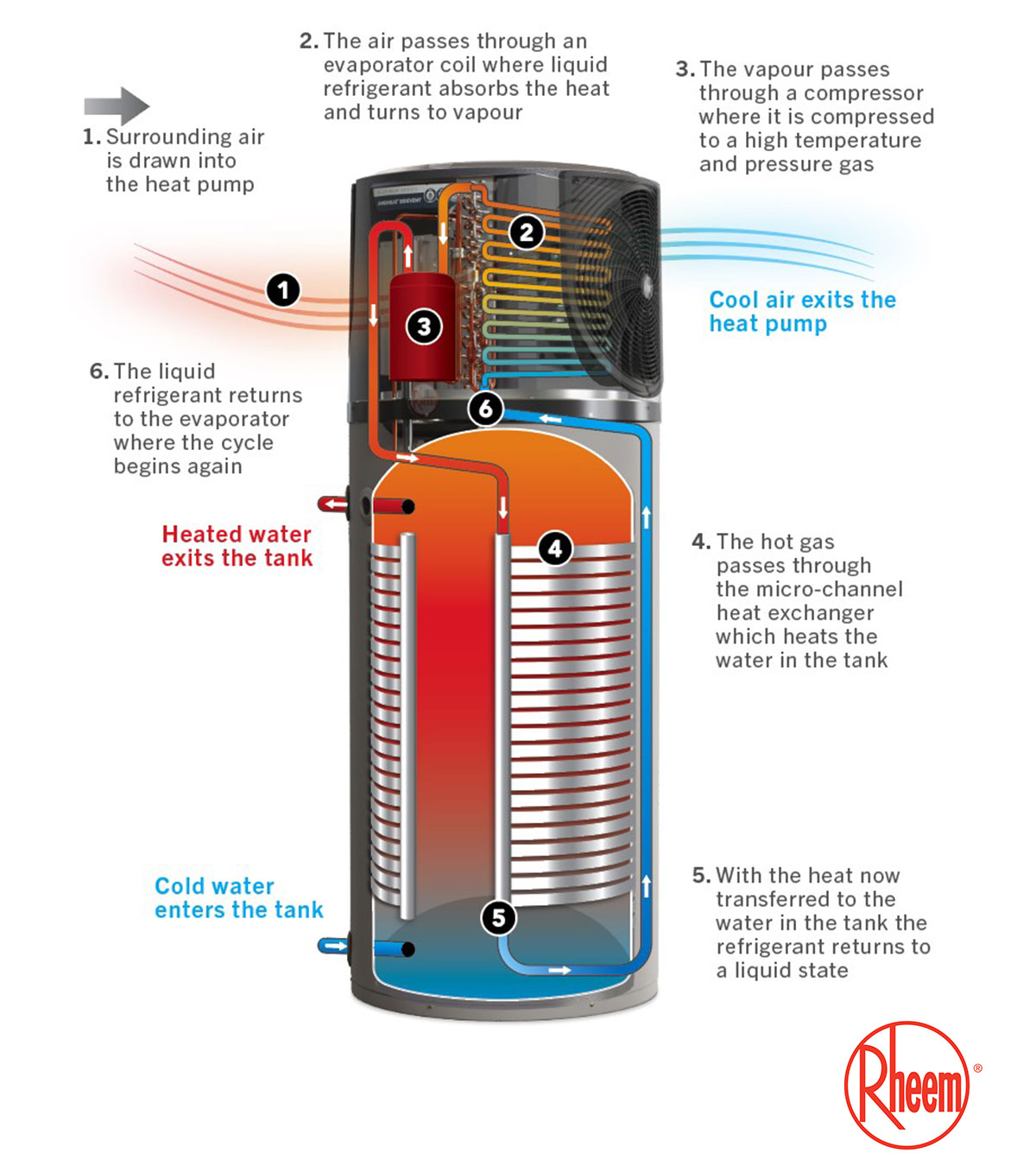
Efficiency
Because a heat pump captures heat from the surrounding air, it reduces the amount of energy required to heat water.
Heat pumps have a Coefficient of Performance (COP) rating, which refers to the ratio of how much heat the system produces for water heating compared to the power input into the heat pump. For example, the Rheem AmbiPower® 280e Heat Pump has an average COP of 5.2, meaning it supplies 5.2 times as much heat energy into the water as it consumes in electricity, making it a very efficient option.¹
ALSO READ: Heat Pump Coefficient of Performance explained
Costs and energy savings
Electric water heaters are typically less expensive upfront, which could help you save on installation costs. Also, you can reduce your electricity costs with the right tariff. If you’re connected to “off-peak” (also known as overnight rate) or “time of use” tariff (and set the timer so it only heats in the “off-peak” period), this will help keep your running costs down as the system heats water when electricity rates are cheaper. Be sure to speak to Rheem or your local plumber about whether this is a feasible option for you.
Heat pumps are typically more expensive upfront as the technology is more complex and there are more components in their operation. But, there are various government incentives across Australia for heat pumps that can help reduce the upfront cost.
However, the key benefit of a heat pump is the long-term energy savings. If you currently have an electric water heater and are considering a similar-sized heat pump, you can save on your hot water energy consumption by up to:
- 73% with the Rheem AmbiPower® 280e Heat Pump, suitable for homes of up to six people.
- 73% with the Rheem Ambiheat® HDc-270 Heat Pump, suitable for homes of up to six people.
- 70% with the Rheem AmbiPower® MDc-180 Heat Pump, suitable for homes of up to three people.²
ALSO READ: Which Rheem heat pump is right for me?
Which option should I choose?
Ultimately, whether a heat pump or electric water heater is right for you depends on your situation. Here are some things to consider:
- Your budget and goals: Are you looking to save more upfront or more on your energy consumption over time?
- Your outdoor space: Heat pumps require sufficient space outdoors for air circulation.
- The climate where you live: Heat pumps work efficiently in all climatic conditions from colder to tropical zones. They are also suitable for harsh water conditions.
- Household size: How many people live in your home? Rheem heat pumps cater for homes of up to six people while our 400L electric system provides hot water for up to nine people.
- Hot water usage habits: How much hot water do you use and at what times of the day do you use the most?
- Environmental impact: A heat pump uses less electricity, helping you reduce your carbon emissions.
- Warranty: Rheem electric systems have up to 12-year cylinder warranties³, compared to seven years for heat pumps.
For more information on whether electric or heat pump is the right option for you, contact Rheem, your local plumber, or your energy provider today.
Disclaimers:
- The Coefficient of Performance (COP) for a heat pump is the ratio of how much useful heat it produces for water heating to the power input into the water heater. The higher the COP number, the more efficient the heat pump. The COP was measured under test conditions with an ambient air temperature of 19˚C/15˚C (Dry Bulb/Wet Bulb), heating of the water from 15˚C to 60˚C during water heater operation and a power supply of 240 V~ 50 Hz.
- Energy savings are based on Australian Government approved TRNSYS simulation modelling using a medium load in Zone 3 and apply when replacing a similar sized storage electric water heater. Any savings will vary depending upon your location, type of water heater being replaced, hot water consumption and fuel tariff.
- Warranty: Rheem Electric Water Heaters 25-50L – 7 Year Cylinder Warranty, 3 years labour on Cylinder, 1 Year Parts and Labour on all other components, for domestic installations; 80-400L – 12 Year Cylinder Warranty, 1 year labour on Cylinder, 1 Year Parts and Labour on all other components, for domestic.
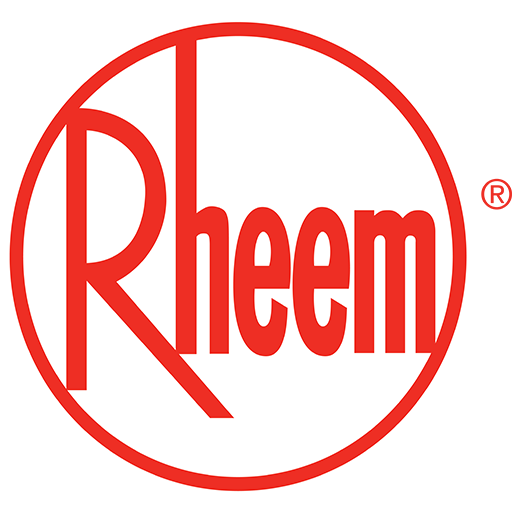
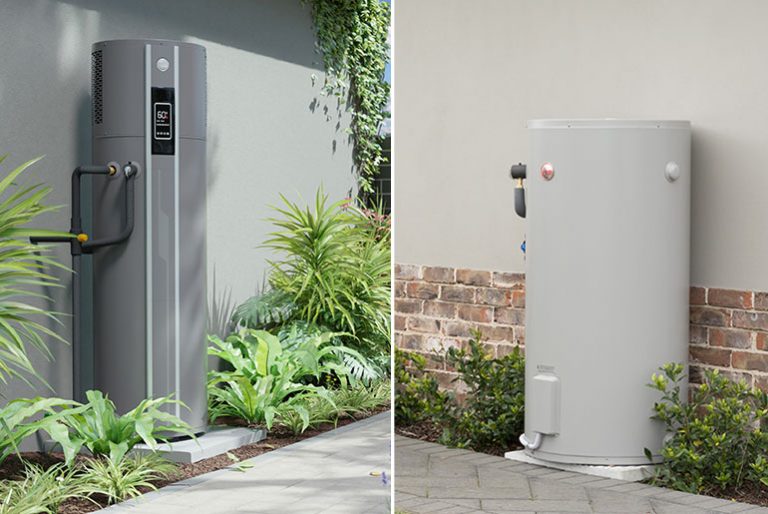
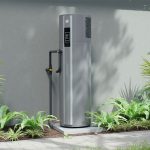
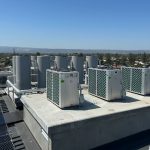
Comments are closed.